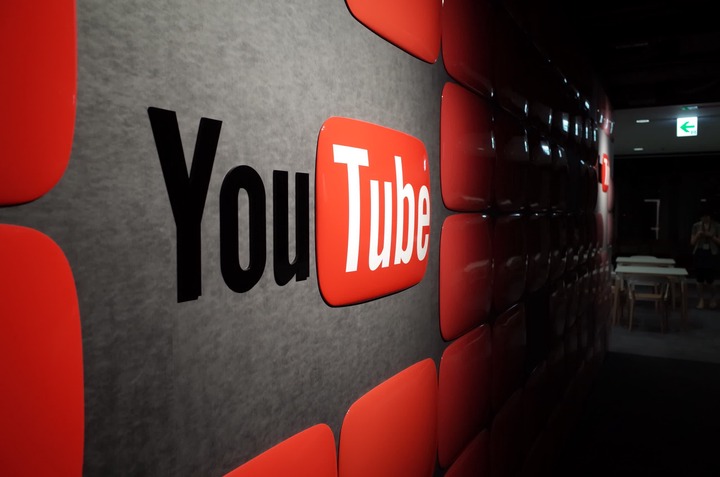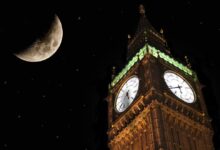Federal judge throws out lawsuit claiming YouTube’s algorithms are racist and homophobic

A legal saga that has captured the attention of many, a federal judge in California recently delivered a verdict that has left both sides of a racial discrimination lawsuit against YouTube reeling. The heart of the matter revolves around allegations that YouTube systematically targeted non-white and LGBT content creators, stifling their voices and undermining their platforms. The stakes were high, as four initial plaintiffs stepped forward, backed by a class action, claiming that their content was unfairly suppressed or removed, ultimately affecting their ability to generate ad revenue. The courtroom drama delves deep into a landscape of algorithms, content moderation, and constitutional rights, where the lines between public platform and private enterprise blur.
The seeds of this controversy were planted in the turbulent wake of the George Floyd incident. (reuters.com) As racial tensions simmered and society grappled with its demons, the plaintiffs stepped forward with their claims. These content creators, bearing the mantle of both non-white and LGBT identity, contended that YouTube’s algorithms were behind the curtain of their suppression. They alleged a troubling narrative of automatic profiling and shadow banning, actions that clashed with YouTube’s proclaimed commitment to race-neutral content moderation.
“Instead of ‘fixing’ the digital racism that pervades the filtering, restricting, and blocking of user content and access on YouTube, Defendants have decided to double down and continue their racist and identity-based practices because they are profitable,” the lawsuit passionately stated, encapsulating the urgency and frustration of those who felt silenced by the platform’s supposed bias. ( 🔗 Nation’s top general says it’s an ‘overstatement’ to say ‘the entire military is woke’ over a few drag shows on bases )
Yet, the courtroom unveiled a different perspective. (courthousenews.com) US District Court Judge Vince Chhabria, a figure whose words held immense weight in this narrative, did not align with the complainants’ assertions. He noted that while the concept of YouTube’s algorithmic discrimination was plausible, the plaintiffs’ arguments lacked the substance to prove the allegations of discrimination. The verdict resonated with finality – the case was dismissed.
“The general idea that YouTube’s algorithm could discriminate based on race is certainly plausible. ( 📄 Study: A previously assumed ‘useless organ’ that is often removed by doctors helps fight cancer ) (techspot.com) But the allegations in this particular lawsuit do not come close to suggesting that the plaintiffs have experienced such discrimination,” the ruling underscored, a declaration that shattered the hopes of those who had sought justice through the legal system.
As the court proceedings unfolded, emotions ran high on both sides. The plaintiffs contested multiple motions and findings, striving to dismantle the verdict with counterarguments. However, the attempts to bridge the gap between their perspective and Judge Chhabria’s assessment did not yield the desired results. The door was firmly shut on their endeavors as the court ruling struck a definitive note – dismissal with prejudice.
“The plaintiffs have had six opportunities to adequately plead their claims, and counsel made clear at the hearing for this motion that this is ‘the best I got.’ Dismissal is therefore with prejudice,” the finality of these words lingered in the air, carrying with them the weight of disappointment and thwarted hopes.
In an ironic twist, the lawsuit’s origins were mired in a misunderstanding of constitutional rights. The initial complaint was rooted in a “constitutional orientation,” alleging that YouTube’s actions violated the First Amendment rights of the content creators. (washingtonpost.com) However, a sobering reality had to be reckoned with – the First Amendment, a cornerstone of American democracy, primarily protects individuals from government intrusion upon their freedoms. It does not extend its umbrella over corporations that manage public forums. The plaintiffs’ case stumbled over this distinction, leaving them without the constitutional backing they had hoped for.
Amid the aftermath of the verdict, a poignant truth emerges. While racial tensions and discrimination remain grave concerns in society, legal battles need a solid foundation of evidence and claims that hold up under scrutiny. The lawsuit’s dismissal reveals that the complex web of technology, corporate governance, and constitutional principles cannot be easily navigated without the requisite legal backing. ( 📈 The 4 subtle symptoms of dementia you can spot in your eyes years before your memory starts to go )
The echoes of this courtroom clash will likely resonate for a long time to come. As the plaintiffs regroup and consider their next steps, the case serves as a reminder that the fight for justice is multifaceted and requires thorough understanding, preparation, and strategic navigation. In a world where technology and civil liberties are increasingly intertwined, the battleground of justice continues to evolve, demanding nuance and a deep commitment to truth and fairness.


